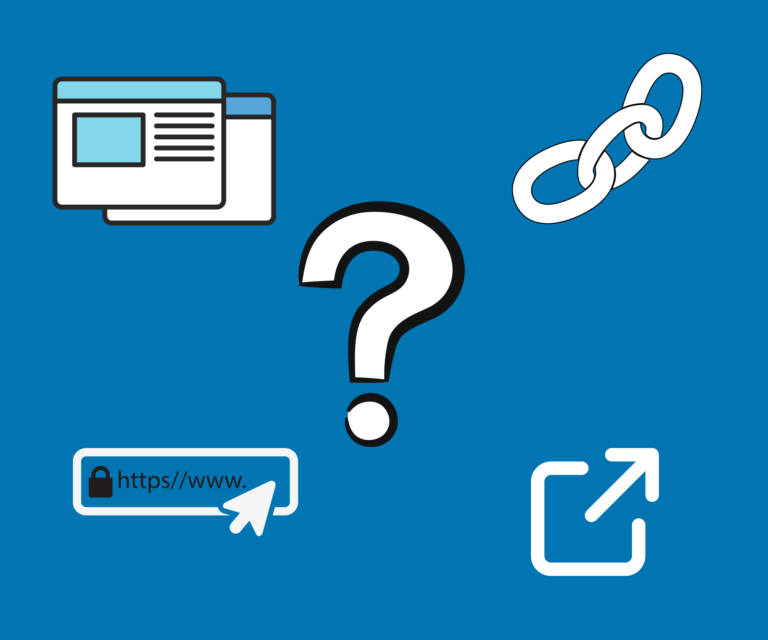In the ever-evolving landscape of digital marketing, search engine optimization (SEO) remains a cornerstone for driving organic traffic to websites. A crucial aspect of SEO is link building, which involves acquiring hyperlinks from other websites to your own. While the goal is to enhance visibility and authority, not all link-building practices are ethical or effective. This is where black hat link building techniques come into play. These tactics might offer short-term gains but come with significant risks that can lead to severe penalties from search engines. In this article, we will delve into the various black hat link building techniques, the dangers associated with them, and why you should steer clear of these strategies.
Understanding Black Hat Link Building Techniques
Before we explore the specific tactics associated with black hat link building, it’s essential to understand what black hat SEO encompasses. Black hat SEO refers to practices that violate search engine guidelines with the intent to manipulate rankings. Unlike white hat techniques, which adhere to ethical standards, black hat tactics focus on achieving quick results at any cost.
Definition of Link Building
Link building is the process of acquiring hyperlinks from external websites to your own. These links act as votes of confidence, signaling to search engines that your content is credible and valuable. The quality and relevance of these links play a pivotal role in determining your site’s ranking on search engine results pages (SERPs).
Importance of Ethical Link Building
Ethical, or white hat, link building focuses on creating high-quality content that naturally attracts backlinks. This approach not only enhances your website’s authority but also builds a solid reputation in your industry. In contrast, black hat techniques can lead to immediate consequences, including penalties, de-indexing, and a tarnished online reputation.
Common Black Hat Link Building Techniques
Despite the risks, some marketers still resort to black hat link building techniques in hopes of achieving rapid success. Here are some of the most prevalent methods:
1. Link Farms
Link farms are networks of websites that link to each other to artificially inflate link popularity. These sites often have little to no relevant content, and search engines can easily identify them. Engaging with link farms can lead to penalties or de-indexing.
2. Paid Links
Purchasing links from websites to boost your ranking is a common black hat tactic. While this practice may yield short-term benefits, search engines like Google actively penalize sites that participate in buying links. The risk of being caught far outweighs any temporary gains.
3. Comment Spam
Leaving links in the comments section of blogs, forums, or social media posts is another unethical tactic. Comment spamming is not only ineffective but also likely to lead to a poor reputation among site owners and users. Many platforms employ measures to detect and delete spam comments, making this approach fruitless.
4. Article Spinning
Article spinning involves taking existing content and rephrasing it to create multiple versions, which are then distributed across various platforms with backlinks. While it may appear to be an efficient way to generate content, search engines can easily identify duplicate content, resulting in penalties.
5. Hidden Links
Some marketers attempt to hide links on their pages by using techniques such as font color matching the background or placing links in non-visible areas of the site. Search engines prioritize user experience, and such tactics can lead to severe penalties if detected.
6. PBNs (Private Blog Networks)
A Private Blog Network is a collection of websites created specifically to build backlinks to a single site. While PBNs may provide temporary ranking boosts, search engines are becoming increasingly adept at identifying and penalizing sites that rely on this method.
7. Cloaking
Cloaking involves presenting different content to search engines than what is shown to users. This deceptive practice can lead to immediate penalties and damage your site’s reputation.
The Risks of Black Hat Link Building Techniques
While black hat link building might seem appealing due to its potential for quick results, the risks far outweigh the rewards. Here are some significant dangers associated with these unethical practices:
1. Search Engine Penalties
One of the most significant risks of employing black hat techniques is the possibility of being penalized by search engines. Google, in particular, is notorious for cracking down on sites that violate its guidelines. Penalties can result in a drastic drop in rankings, making it difficult for users to find your site.
2. Decreased Trust and Credibility
Engaging in black hat tactics can harm your brand’s reputation. Users are more likely to trust sites that provide valuable content and follow ethical practices. Once your credibility is damaged, it can take considerable effort to rebuild trust with your audience.
3. Wasted Resources
Investing time and money into black hat link building techniques can ultimately lead to wasted resources. Instead of seeing a positive return on investment, you may find yourself scrambling to recover from penalties or a poor reputation.
4. Long-term Consequences
While black hat techniques may yield short-term gains, the long-term consequences can be devastating. Sites that rely on unethical practices often find themselves struggling to regain lost rankings, leading to decreased traffic and revenue.
5. Legal Risks
Some black hat tactics, such as content scraping or using copyrighted materials without permission, can expose you to legal risks. Copyright infringement can lead to lawsuits, fines, and further damage to your reputation.
The Importance of Ethical Link Building
Given the risks associated with black hat techniques, it’s crucial to prioritize ethical link building practices. Here are some effective strategies to consider:
1. Create High-Quality Content
Investing in high-quality, original content is the cornerstone of ethical link building. When you provide valuable information, users are more likely to link back to your site organically.
2. Guest Blogging
Writing guest posts for reputable blogs in your industry can help you build authority and gain backlinks. Ensure that your guest posts are relevant and provide genuine value to the readers.
3. Engage with Your Audience
Participating in discussions on forums, social media, and other platforms can help you build relationships and attract natural backlinks. Providing helpful insights and answering questions can position you as an authority in your field.
4. Use Social Media
Promoting your content on social media can increase its visibility and encourage others to link to it. Engaging with your audience on platforms like Twitter, LinkedIn, and Facebook can also enhance your online presence.
5. Networking with Influencers
Building relationships with influencers in your industry can open doors to potential collaborations and backlinks. Reach out to influencers and offer them valuable insights or collaborate on projects.
6. Leverage Local SEO
If you have a local business, optimize your site for local SEO. This includes creating local listings, engaging with community organizations, and obtaining backlinks from local sources.
Common Misconceptions About Black Hat Link Building Techniques
1. “Black Hat Techniques Are Only for Short-Term Gains”
While many believe that black hat techniques are merely shortcuts, some marketers mistakenly view them as viable long-term strategies. However, relying on these methods can result in severe consequences that far outweigh any perceived benefits.
2. “Everyone Is Doing It”
The notion that “everyone is doing it” is a common justification for engaging in black hat practices. However, the reality is that a growing number of businesses are prioritizing ethical SEO practices, recognizing the long-term benefits of sustainable strategies.
3. “I Can Avoid Detection”
Some marketers believe they can successfully implement black hat techniques without being caught. However, search engines continuously refine their algorithms to detect and penalize such practices, making it increasingly difficult to evade scrutiny.
Conclusion
In the realm of SEO, the allure of black hat link building techniques can be tempting. However, the associated risks—penalties, decreased trust, and wasted resources—are far too significant to ignore. Prioritizing ethical link building practices not only enhances your site’s authority but also fosters a positive reputation in your industry. By investing in high-quality content, engaging with your audience, and employing sustainable strategies, you can achieve lasting success without resorting to unethical methods. Remember, the journey to SEO success is a marathon, not a sprint. Embrace ethical practices to build a solid foundation for your online presence and ensure long-term growth.
By understanding the intricacies of black hat link building techniques and their potential dangers, you can make informed decisions that prioritize your site’s integrity and success. Embrace ethical SEO, and you’ll not only navigate the complexities of digital marketing but also thrive in a competitive landscape.










